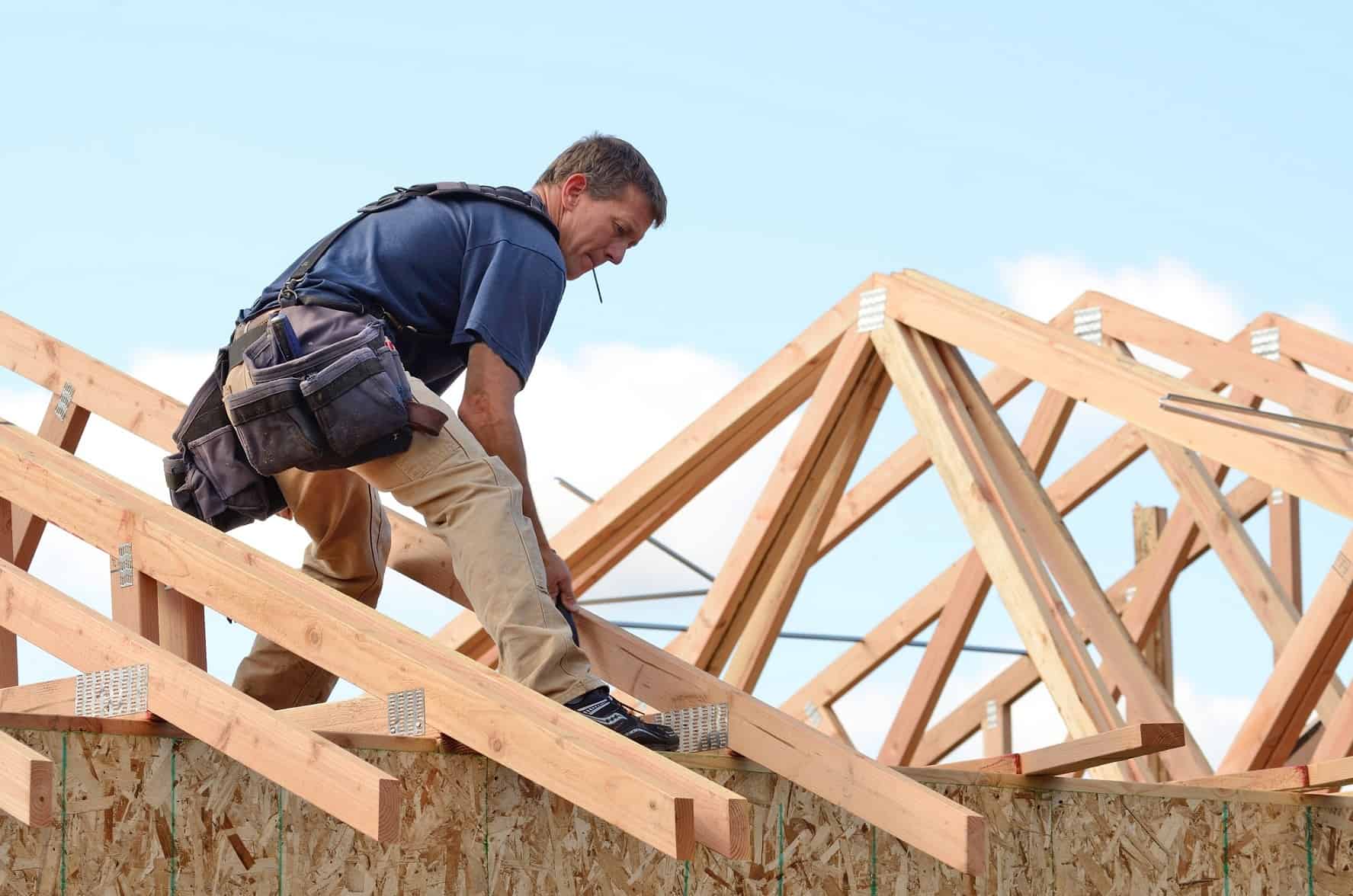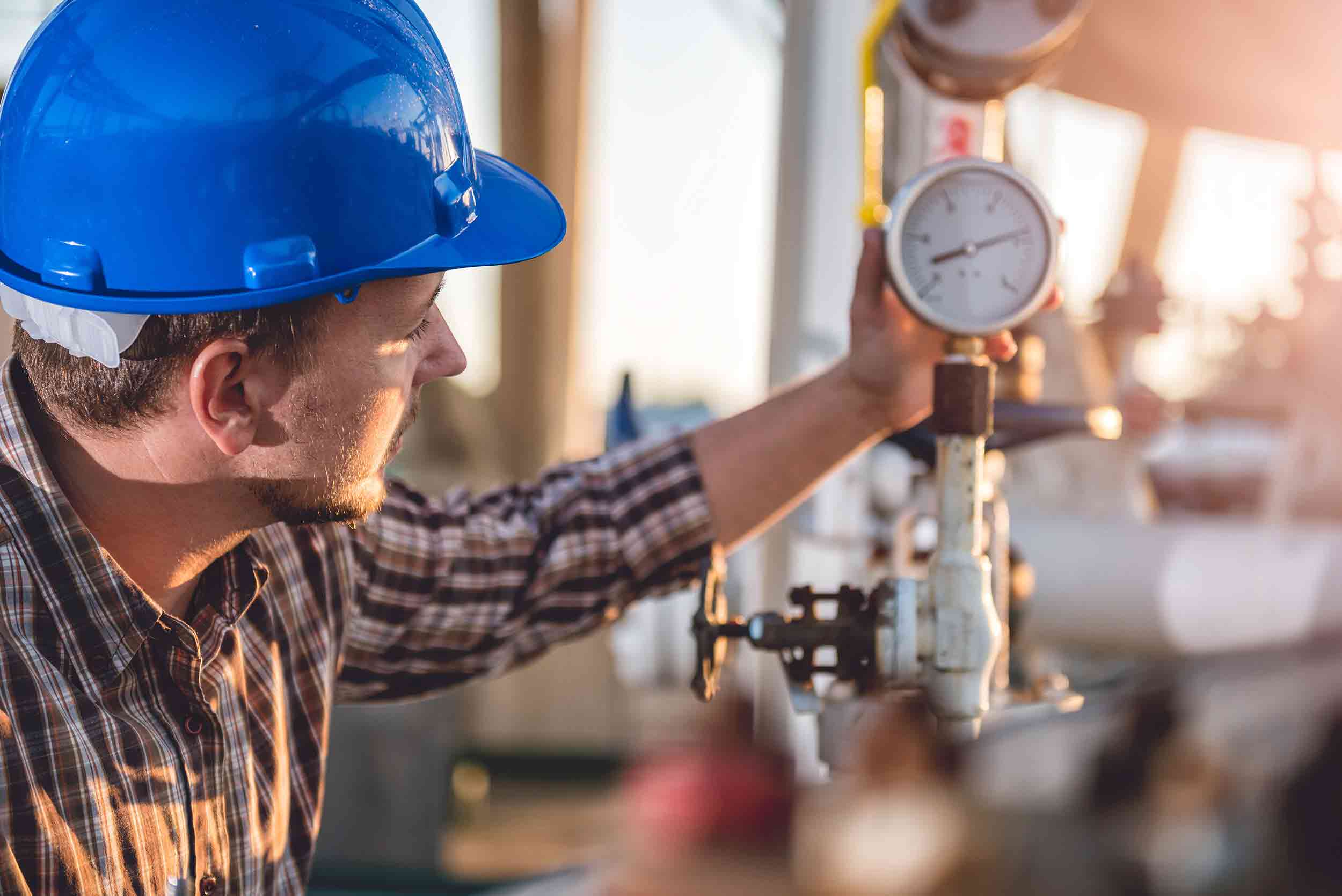
Gas projects plumbing involves the installation, maintenance, and repair of gas piping systems in residential, commercial, and industrial settings. It encompasses a range of tasks related to natural gas or propane gas supply for various appliances and equipment. Here are some key aspects of gas projects plumbing:
Gas Piping Installation: Gas plumbers are responsible for installing gas pipes and fittings to safely distribute gas throughout a building. This includes connecting gas meters, regulators, valves, and appliances such as gas stoves, furnaces, water heaters, and fireplaces.
Compliance with Safety Standards: Gas projects plumbing must adhere to strict safety standards and regulations to ensure the proper handling and containment of gas. Gas plumbers are trained to follow these guidelines to prevent gas leaks, ensure proper ventilation, and install gas piping systems in a secure and compliant manner.
Gas Leak Detection and Repair: Gas plumbers are skilled in detecting and repairing gas leaks. They use specialized equipment to identify leaks in gas lines, connections, or appliances. Prompt detection and repair of gas leaks are crucial to prevent potential hazards and ensure the safety of occupants.
Gas Appliance Maintenance: Gas plumbers provide maintenance services for gas appliances to ensure their optimal performance, efficiency, and safety. This includes inspecting gas lines, checking for leaks, cleaning burners, adjusting gas pressure, and verifying proper ventilation.
Gas Piping Upgrades and Retrofits: Gas plumbers are involved in upgrading or retrofitting existing gas piping systems to accommodate new appliances, expand capacity, or meet code requirements. They ensure proper sizing, pressure regulation, and connection compatibility during these projects.
Emergency Gas Services: Gas plumbers also provide emergency services in case of gas-related emergencies such as gas leaks, sudden appliance malfunctions, or suspected carbon monoxide incidents. They are trained to respond quickly, assess the situation, and take appropriate action to mitigate risks.
Gas System Testing and Certification: Gas plumbers perform tests, inspections, and certification procedures to ensure the gas system’s integrity and compliance with safety standards. This includes pressure testing, leak testing, and issuing necessary compliance certificates.
Gas projects plumbing requires expertise in working with gas piping systems, knowledge of safety regulations, and understanding of local building codes. It is crucial to engage licensed and experienced gas plumbers for gas-related projects to ensure safety, compliance, and efficient operation of gas systems.



